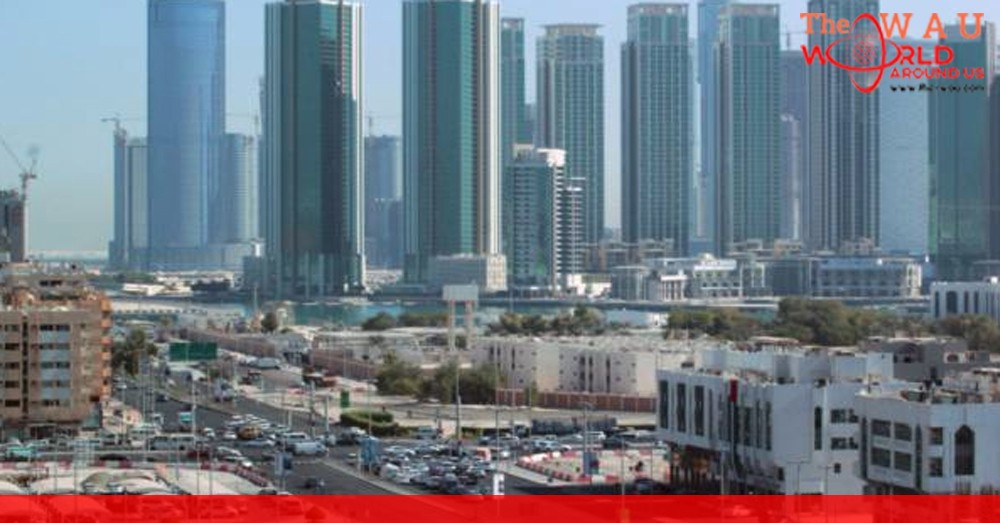The cost of living has decreased for expatriates living in Abu Dhabi and Dubai, with both cities dropping in a global ranking of the most expensive places to reside, consulting firm Mercer said on Tuesday.
Abu Dhabi has dropped 18 places from 22nd to 40th position on Mercer’s Annual Cost of Living Survey, conducted in March, while Dubai has dropped seven places to 26th from its 2017 ranking as the 19th most expensive city to live.
However, Rob Thissen, senior associate of Mercer in Dubai, said that while the survey indicated a decrease in the cost of living in the two locations, this is only in comparison to other global cities.
“If the ranking goes down, it does not necessarily mean the cost of living is going down. The ranking compares Dubai and Abu Dhabi with other cities in the world and there are two reasons they have gone down,” he said.

The first reason, he said, is the depreciation of the US dollar versus several major currencies over the last 12 months, meaning the dirham does not go as far when travelling overseas. The second reason is the falling rental rates in both Dubai and Abu Dhabi in comparison to other global cities.
“The cost of living is not going down here, it’s only going down when you compare to other cities," said Mr Thissen. "When I look at the list, particularly cities that are higher such as Hong Kong, Tokyo, Singapore and New York – these are all in typically stable markets with stable and strong currencies and some of those currencies have changed relative to the dirham in the last year. So that’s why Dubai and Abu Dhabi have moved down.”
According to Mercer’s research, inflation in Dubai and Abu Dhabi has risen between 3.5 to 4 per cent over the past 12 months on the back of the introduction of VAT on January 1.
While costs have increased, Mr Thissen said UAE expatriates are forgetting about lower rental rates and the fact that VAT is not applied to all goods and services.
“Housing is not such an issue and people can get better deals now than they could a couple of years ago," he said. "I think the impact of VAT and price rises in the last 12 months, particularly when compared to places like Saudi, has also been a little exaggerated.
"We ran a calculation and only 50 per cent of what people typically spend from their disposable income would typically be impacted by VAT. We ran some models to assess the impact of VAT alone and it came in at 2 per cent as opposed to some of the figures of 4, 5 or even 10 to 15 per cent I saw."
Share This Post















